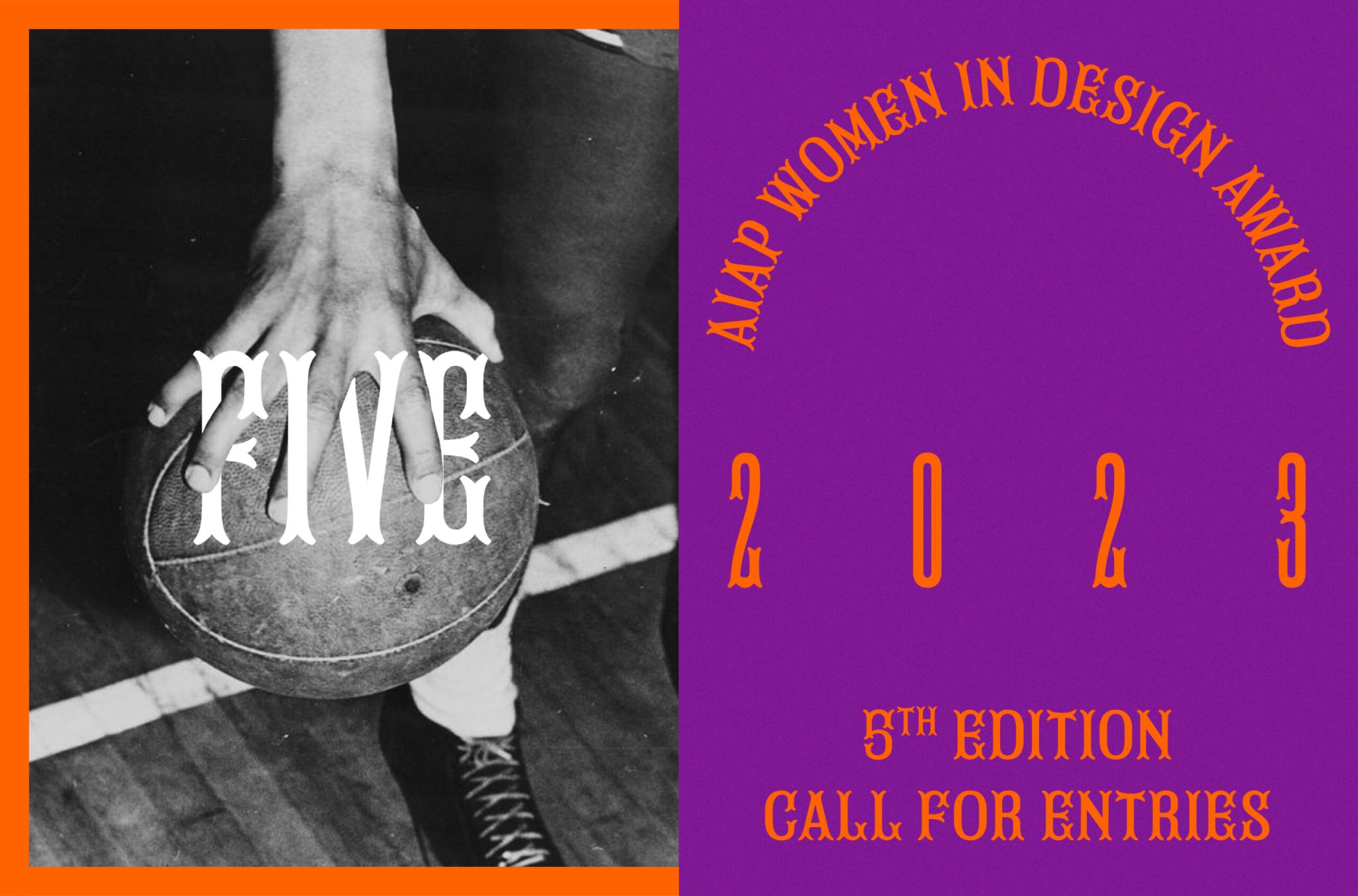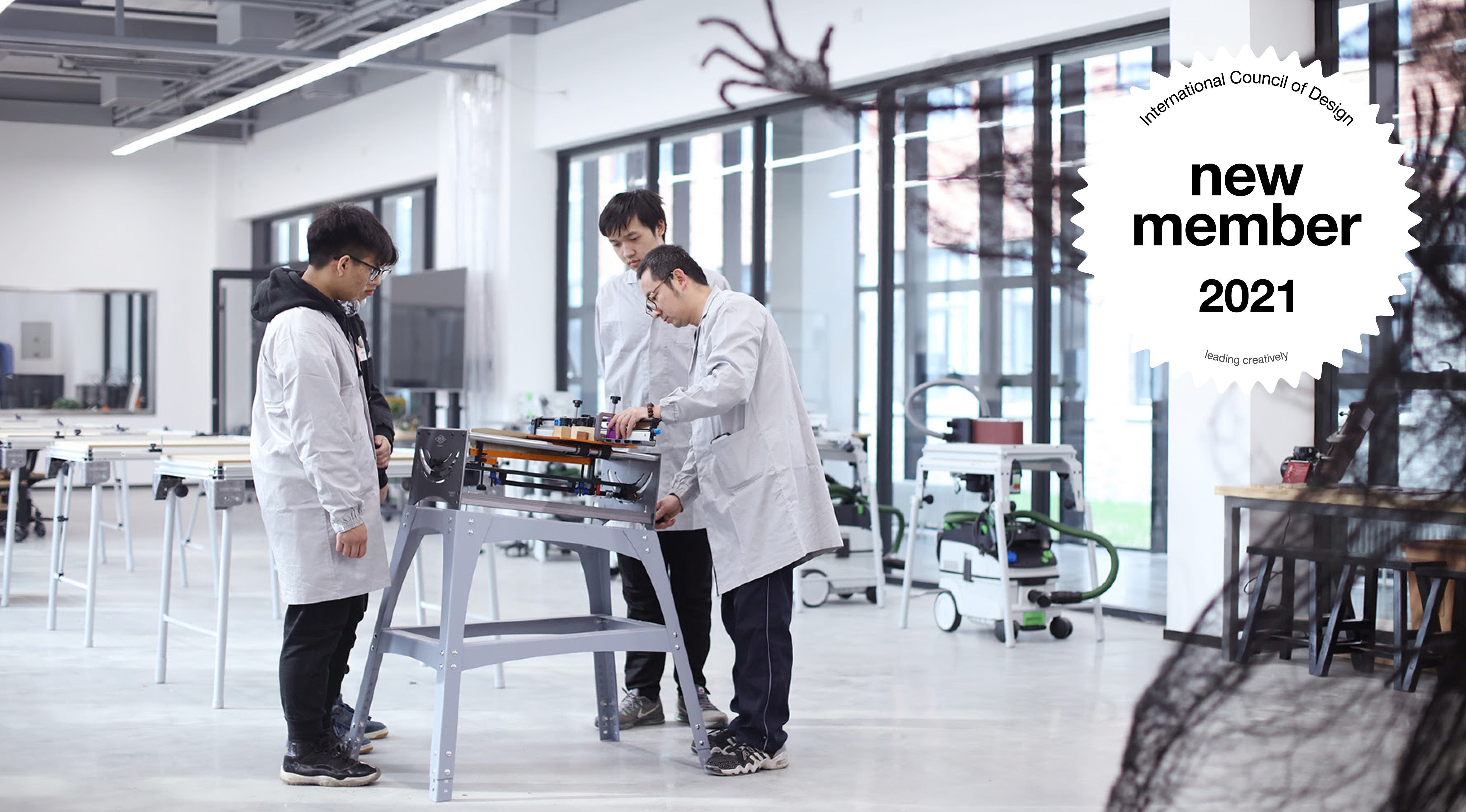DESIGN ZENTRUM NORDRHEIN WESTFALEN CELEBRATES 50TH ANNIVERSARY

12.10.2004 News
Essen (Germany) - This year, the Design Zentrum Nordrhein Westfalen turns 50 - and celebrates an eventful past and bright future. The Design Zentrum was founded in 1954 by the Krupp Corporation and the Federation of German Industries (BDI) as one of the first institutions of its kind in Essen. On 1 October, the institution marked its 50th anniversary with a ceremony and some 150 invited guests in the new Philharmonic Concert Hall in Essen. At the occasion of the jubilee, Professor Peter Zec, the head of the institution, set a clear course for the coming years: "The future of the Design Zentrum as well as the red dot design award competition lies in its international activities," said Zec.
The beginnings of Design Zentrum
When it was founded in 1954, high expectations were placed on the institution's work. Beyond "any mercantile profit orientation", it should contribute to creating a more beautiful environment, serve the modernisation and export qualification of German consumer goods, promote the "character-forming value of the beautiful, clear and simple form in human life" and was greeted as a "protest against the uglification of the world." The 'Industrieform' association, as the Design Zentrum was then called, was formed during a time when Germans exports were still weak, when the American industry was way ahead in design issues and the German market had no communication instrument to present a topic like the 'good form' with great public appeal.
In the following year, 1955, the Industrieform Permanent Exhibition was opened in the Small House of Villa Huegel, the legendary seat of the Krupp family in Essen. The consumer goods exhibition was regarded as a prime example of a presentation with model character for industry and consumers. In the first two years alone, the exhibition attracted some 450,000 visitors. In the initial stage, the canon of forms and the values of functionalism determined the exhibition and the conduct of 'Haus Industrieform'. In the tradition of Bauhaus and Werkbund, this shop window of the industry saw its task also in raising awareness of the social responsibility of design.
Flexibility as a principle of survival
As a self-financing association, Haus Industrieform constantly adjusted to the changing demands on design in the following decades. At the beginning of the 1970s, during a movement that generated an attitude critical of consumption, design was dismissed as "beautiful packaging" and it became increasingly difficult for Haus Industrieform to promote design products. Peter Frank, managing director since 1974, re-introduced the institution to the market as an exhibition venue and as the consumer's advocate, presenting exhibitions such as "Design for Disabled People", "International Road Signs", and "Car Stickers - Automobile Messages".
Structural changes at the end of the 1980s, coupled with active design management, made design promotion increasingly recognised as an instrument of business promotion by industry and politics. The competition, which had been held in 1955 for the first time, was strengthened by the introduction of the label 'selected by Haus Industrieform Essen' and a catalogue-like yearbook. The State of North Rhine-Westphalia included Haus Industrieform in the regional management and provided start-up funds for a design promotion institution. This became manifest in its name change to 'Design Zentrum Nordrhein Westfalen' in 1990.
The Future
Professor Peter Zec, the head of Design Zentrum, looks ahead to the future of the institution: "In future, we will further increase our involvement abroad. We are more and more seeking out far-off shores...A new design centre is currently developed by order and for account of the Belgium town of Genk. Furthermore, we have similar plans for Singapore and the USA."
The Design Zentrum is well on its way to increasing its international exposure. The red dot design award, now in its 50th year, is regarded as one of the largest and most renowned international design competitions. Zec himself is president elect of the world umbrella organisation of designers, ICSID (International Council of Societies of Industrial Design), and as an institution operating on an international scale the Design Zentrum Nordrhein Westfalen has its own representatives in the Asian economic area. In addition to that, there is a lively co-operation with other design promotion institutions in European Union projects.
For further information please contact:
Design Zentrum Nordrhein Westfalen
Gelsenkirchener Str. 181
D-45309 Essen
T: +49-(0)201-30104-33
F: +49-(0)201-30104-44
E: sprenger@dznrw.com
W: www.red-dot.de
The beginnings of Design Zentrum
When it was founded in 1954, high expectations were placed on the institution's work. Beyond "any mercantile profit orientation", it should contribute to creating a more beautiful environment, serve the modernisation and export qualification of German consumer goods, promote the "character-forming value of the beautiful, clear and simple form in human life" and was greeted as a "protest against the uglification of the world." The 'Industrieform' association, as the Design Zentrum was then called, was formed during a time when Germans exports were still weak, when the American industry was way ahead in design issues and the German market had no communication instrument to present a topic like the 'good form' with great public appeal.
In the following year, 1955, the Industrieform Permanent Exhibition was opened in the Small House of Villa Huegel, the legendary seat of the Krupp family in Essen. The consumer goods exhibition was regarded as a prime example of a presentation with model character for industry and consumers. In the first two years alone, the exhibition attracted some 450,000 visitors. In the initial stage, the canon of forms and the values of functionalism determined the exhibition and the conduct of 'Haus Industrieform'. In the tradition of Bauhaus and Werkbund, this shop window of the industry saw its task also in raising awareness of the social responsibility of design.
Flexibility as a principle of survival
As a self-financing association, Haus Industrieform constantly adjusted to the changing demands on design in the following decades. At the beginning of the 1970s, during a movement that generated an attitude critical of consumption, design was dismissed as "beautiful packaging" and it became increasingly difficult for Haus Industrieform to promote design products. Peter Frank, managing director since 1974, re-introduced the institution to the market as an exhibition venue and as the consumer's advocate, presenting exhibitions such as "Design for Disabled People", "International Road Signs", and "Car Stickers - Automobile Messages".
Structural changes at the end of the 1980s, coupled with active design management, made design promotion increasingly recognised as an instrument of business promotion by industry and politics. The competition, which had been held in 1955 for the first time, was strengthened by the introduction of the label 'selected by Haus Industrieform Essen' and a catalogue-like yearbook. The State of North Rhine-Westphalia included Haus Industrieform in the regional management and provided start-up funds for a design promotion institution. This became manifest in its name change to 'Design Zentrum Nordrhein Westfalen' in 1990.
The Future
Professor Peter Zec, the head of Design Zentrum, looks ahead to the future of the institution: "In future, we will further increase our involvement abroad. We are more and more seeking out far-off shores...A new design centre is currently developed by order and for account of the Belgium town of Genk. Furthermore, we have similar plans for Singapore and the USA."
The Design Zentrum is well on its way to increasing its international exposure. The red dot design award, now in its 50th year, is regarded as one of the largest and most renowned international design competitions. Zec himself is president elect of the world umbrella organisation of designers, ICSID (International Council of Societies of Industrial Design), and as an institution operating on an international scale the Design Zentrum Nordrhein Westfalen has its own representatives in the Asian economic area. In addition to that, there is a lively co-operation with other design promotion institutions in European Union projects.
For further information please contact:
Design Zentrum Nordrhein Westfalen
Gelsenkirchener Str. 181
D-45309 Essen
T: +49-(0)201-30104-33
F: +49-(0)201-30104-44
E: sprenger@dznrw.com
W: www.red-dot.de

relatedarticles
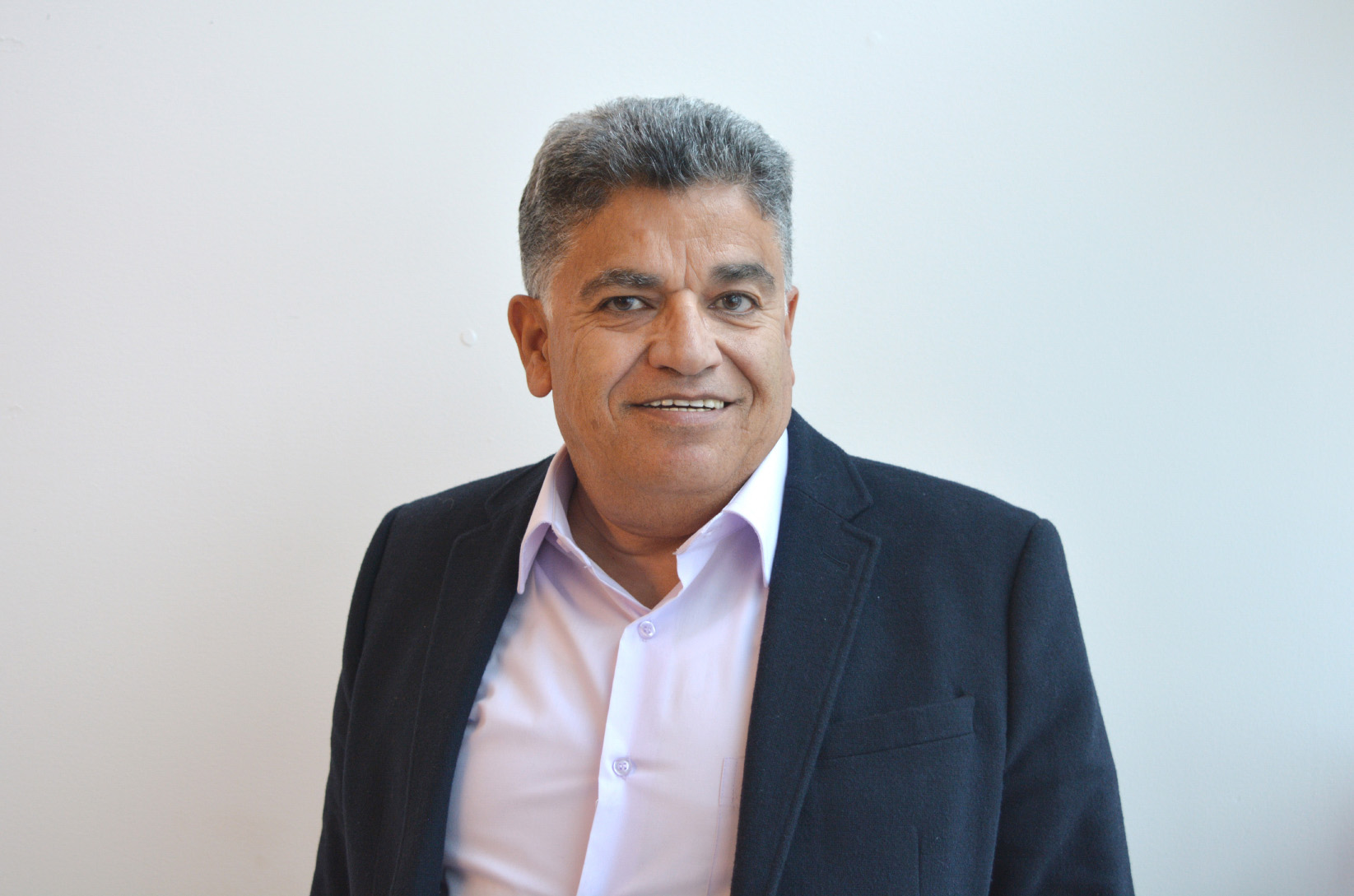
04.05.2021 News
in memoriam: essam abu awad (1958-2021)
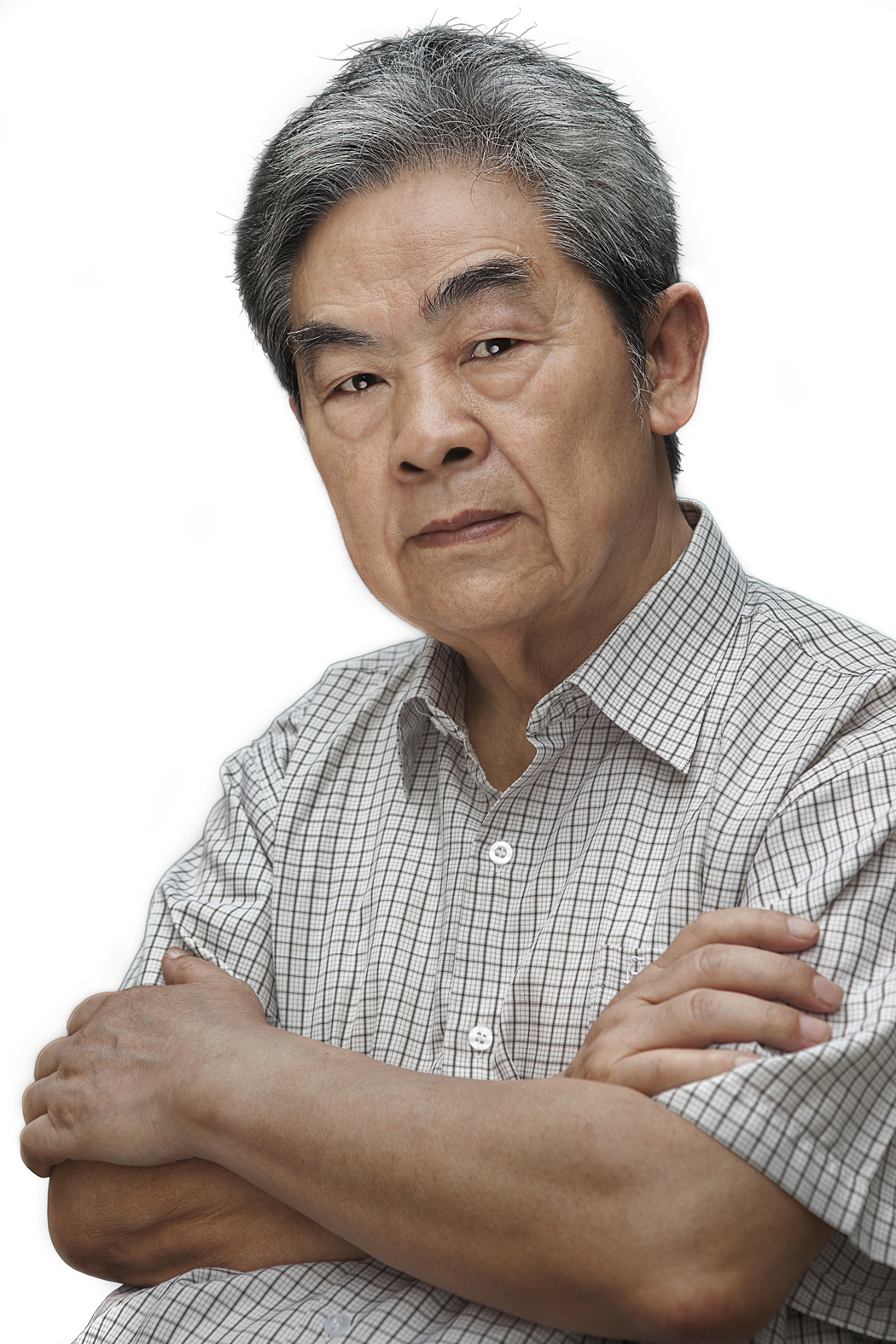
10.16.2020 News
in memoriam: yu bingnan (1933–2020)
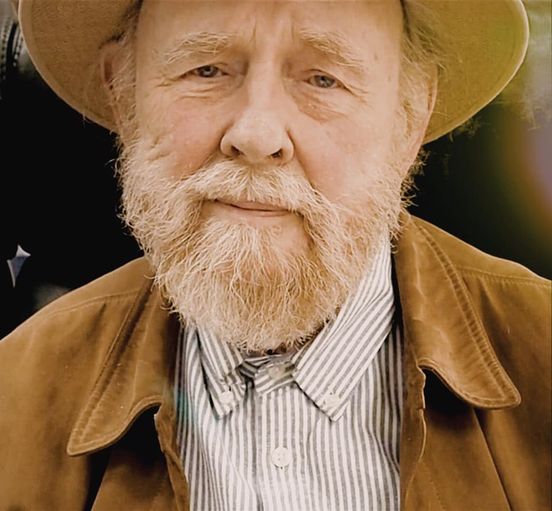
10.02.2020 News
